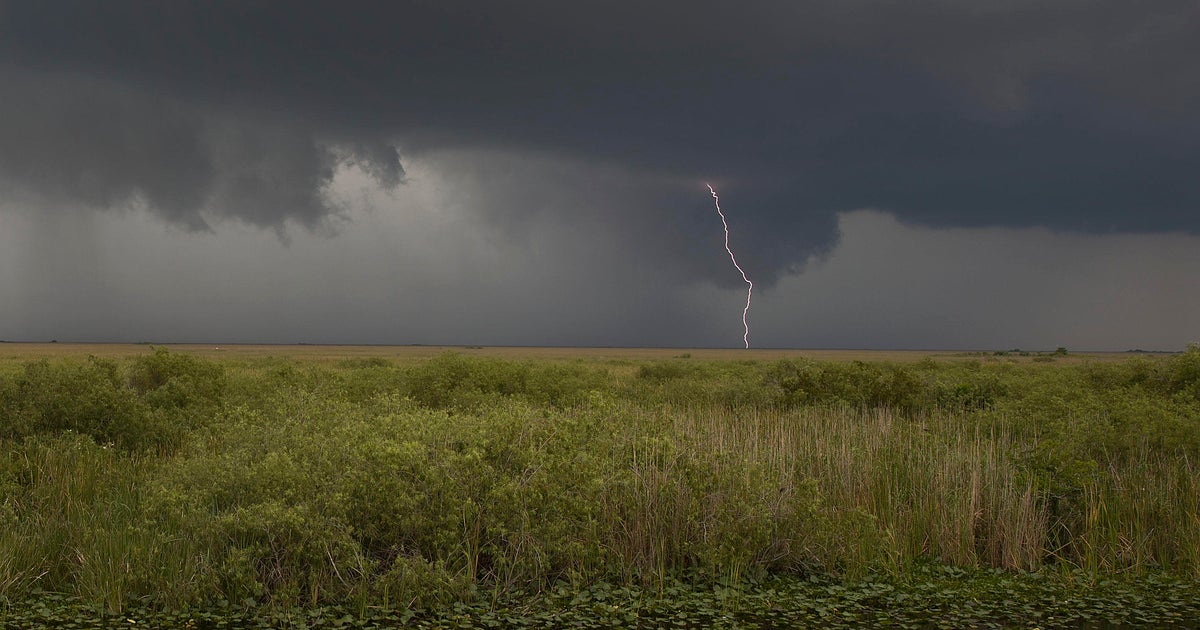Turtle Territory
Before humans, before dinosaurs, sea turtles roamed the planet. Let's do our part to keep them alive!
Sea turtles are ancient, beautiful creatures. But today, many are threatened and endangered. According to the Florida Fish and Wildlife Conservation Commission (FWC), these ancient nomads have been around for 110 million years yet these creatures face an uncertain future. Threats include the encroachment of coastal development on their nesting beaches, encounters with pollutants and marine debris, accidental drownings in fishing gear, and international trade in turtle meat and products.
But these sweet creatures of the sea have a chance to not only survive, but thrive!
The Sea Turtle Conservation Program is responsible for identifying and protecting sea turtle nests for most of the County's beaches. These extend from the Village of Key Biscayne through Crandon Park Beach to Bear Cut Preserve, into Fisher Island, along Miami Beach, north to the town of Surfside, Bal Harbour Beach, Haulover Beach, Sunny Isles, and finally to the Town of Golden Beach. Crews survey a 19.5-mile-long area for six months of the year. During the off-season, the team responds to calls about turtles that are injured or stranded.
Five species of sea turtles that live or nest on the Florida coastline are threatened or endangered: The Green Sea Turtle, the Leatherback, the Kemp's Ridley, the Hawksbill, and the Loggerhead. Sea turtles spend virtually their entire lives in the ocean. After their first frantic crawl from nest to ocean, male sea turtles never return to shore, and females return to shore only long enough to lay eggs. Protecting nesting beaches is critical to saving their lives. When nesting beaches are monitored, researchers are able to measure the success of conservation efforts.
Nesting begins in late spring. Nesting female sea turtles crawl ashore to find a suitable nesting site. They use their rear flippers to dig the egg chamber and de- posit around 100 ping-pong ball-sized eggs. After a 45 to 55-day incubation period, the eggs begin to hatch. After a few days, tiny hatchlings emerge in groups and make a mad dash toward the ocean, usually at night. Hatchlings use the bright, open view of the night sky over the water to find their way to the sea. Artificial lights on beachfront buildings and roadways are dangerous distractions for these hatchlings. As a result, many beachfront communities in Florida have adopted lighting ordinances requiring lights to be shutoff or shielded during nesting and hatching season.
How You Can Help the Turtles Survive
The survival of the sea turtle is uncertain. Here are some ways you can help:
- As much as possible, refrain from walking on the beach at night during the summer months (March through mid-September). No matter how quiet you think you are, you may frighten nesting sea turtles back into the sea. Flashlights disturb nesting females, cause disorientations, and turtle
- If you see someone harassing a sea turtle or poaching a nest, call the local police or the Florida Fish and Wildlife Conservation Commission (1-888-404-FWCC)
- Make sure outdoor lighting is turtle safe! Keep it low (low-mounted fixtures), keep it shielded (shielded on the beach-side), and keep it long (red and amber produce long wavelength light). Bright lights disorient hatchlings.
- Do not dispose of plastic bags or trash in the ocean. Plastic bags closely resemble jellyfish when they are in the Jellyfish happen to be a favorite food of sea turtles. If the plastic bags are consumed they can cause illness or death to turtles and other marine creatures that eat them.
- Stay clear of marked sea turtle nests on the beach.
Click here for more information.
*All activities with sea turtles in Miami Dade county must be conducted by authorized personnel under the FWC marine turtle permit #017-17A
More Articles From Miami-Dade Parks
Above content provided by Parks-Foundation of Miami-Dade and Miami-Dade Parks & Recreation



